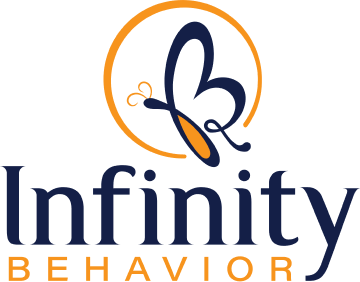FAQs
Getting your questions answered is important. Here are some of the regular questions families usually have upon starting their journey with us. Our staff is available to review any of these questions and also answer additional questions you may have. We are here to support you every step of the way.
Applied Behavior Analysis (ABA) is a service based on the science of learning and behavior. ABA helps us understand how behavior works, how behavior is affected by the environment, and how learning takes place. ABA applies our understanding of how behavior works to real situations. The goal is to increase behaviors that are helpful and decrease behaviors that are harmful or affect learning.
Successful ABA sessions begin with building trust between the client and the therapist. While the child and their care team will be working toward goals, they are also building trust. Our kids work hard during their sessions and make great progress, but they are having fun while they are learning and growing! ABA services look different for every client. Some clients may need a more structured approach than others. Some clients may need more parental support than others. Our team will design an individualized service plan to meet your child’s and your family’s needs.
Behavior Analysis is the science of behavior. Applied Behavior Analysis is an empirically validated treatment for autism and other developmental delays and disorders. ABA services are not designed to change or “normalize” your child. We don’t believe in normal. We work with some of the most amazing children on the planet. They are unique, brilliant, complex, and awesome. Through ABA, we are working to help them eliminate potentially harmful behaviors, reduce the support they need to access school and community settings, and build essential life skills that support greater independence.
Our services align with best practices in ABA and are developed by experts in behavior analysis We encourage families with any concerns to ask any questions you may have about ABA in general or our services specifically.
Matching is one of the brain’s core skills for analyzing information. When children can identify which things “fit” with other things, they have a pre-requisite for other things such as sorting and counting which can eventually lead to higher executive functions.
